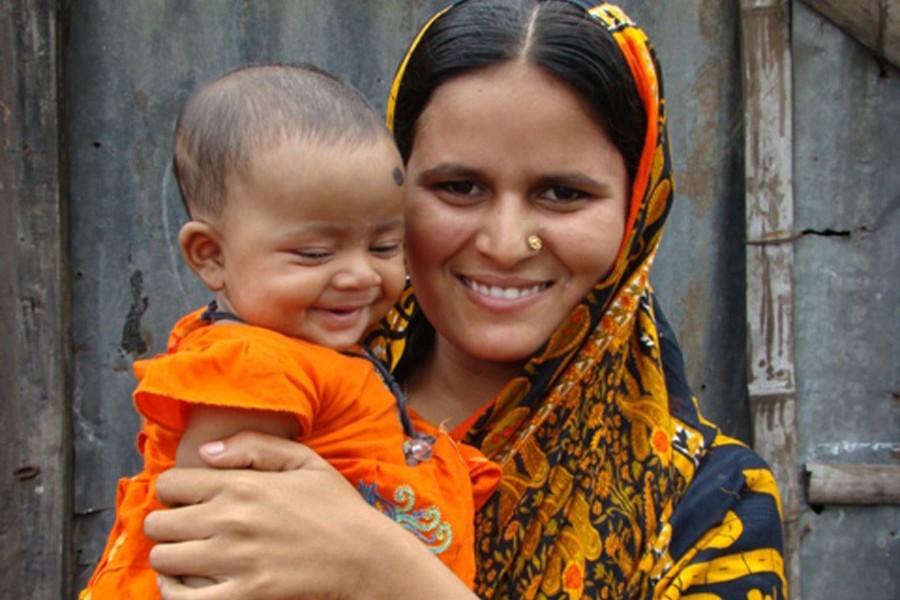Health is a human right. Everyone deserves equal access to health care services. In stark contrast to the motto of this basic right, the country's citizenry incurs one of the costliest health expenses in the world, out of their own pockets.
When an individual pays for his medical bills himself, it is called out-of-pocket payments or OOPs.
With OOPs being 67 per cent of the total health expenditure, Bangladesh's private spending on health care is the highest in South East Asia and more than double the global average of 32 per cent.
The 2012 strategic plan of the Health Economics Unit of the Ministry of Health and Family welfare prioritised the reduction of OOPs to 32 per cent by 2032. But in reality, OOPs hit 67 per cent as of 2018 against the government's measly 23 per cent contribution. Donors, non-governmental organisations (NGOs) and other sources account for the rest 10 per cent of health expenditure.
The amount of private spending on health care reflects the dismal performance of the government regarding achieving SDG 3 (Sustainable Development Goal 3) which calls for good health for everyone at all ages.
The first step towards achieving affordable and quality healthcare services for all at all ages, as mentioned in SDG 3, is to make sure primary healthcare functions as intended.
The government has done a laudable job of building a well-structured primary healthcare system: Upazila Health Complexes (UHC) at the sub-district level, Union Health and Family Welfare Centres (UHFWC) at the Union level and Community Clinics at the village level.
Though structured, the primary healthcare system is plagued by several problems that restrain it from reaching its full potential.
Some of these drawbacks include inadequate number of specialists, diagnostics centres and laboratory services; wilful imposition of costs on medicines, diagnosis and other services (primary healthcare is meant to be free); dearth of medical essentials, such as drugs, medical supplies and family planning commodities; inadequate and semi-experienced health workforce; and misappropriation of medical resources, including medicines and other medical supplies.
The mentioned problems work collectively to shoot up the cost of the primary healthcare through the roof, the brunt of which is borne by the people.
Without the primary healthcare system functioning properly, the government cannot move to solve the problems prevailing in the secondary and tertiary level healthcare sectors.
As such, it's high time that the government brought discipline to the primary healthcare system. With the government taking the lead, NGOs and private sector should engage themselves to strengthen coordination and regulation in the primary healthcare system.
All things considered, the reshaping of the country's healthcare should begin with the streamlining of the primary healthcare system. The government should adopt more down-to-earth approach towards solving the problems plaguing the primary healthcare system and help improve the lives of millions of rural people in the process.
smallbapi@yahoo.com


